A California judge has thrown out a suit brought against Apple by the father of a college student killed in a road accident by a texting driver, one where it was claimed Apple had failed to incorporate technology into the iPhone that would prevent it from working while the user is driving.
Judge Maureen A. Folan of the Santa Clara County Superior Court found on Thursday that plaintiff Craig Riggs, father of victim David Riggs, hadn't adequately pled to the court that Apple bore some responsibility to his son's death. According to Law360, the iPhone suit was tossed with prejudice, preventing a refiling under the same claim in the future.
David Riggs was killed in 2013 while riding on his scooter to his home in Minnesota, according to the lawsuit, and was hit by a teenager driving a Honda Civic. The teenager was convicted of a misdemeanor, with the suit alleging he was driving while distracted, using his iPhone to send text messages.
The suit notes that Apple filed for a patent relating to a "lock-out mechanism" for the iPhone in 2008 that would prevent it from performing certain functions while someone was driving, with the U.S. Patent and Trademark Office granting it in 2014. This application was used to claim Apple was well aware of the dangers of texting while driving, and that it was an "unfair business practice" to provide the iPhone without implementing the technology.
In dismissing the case, Judge Folan refers to the reasoning of the 2016 suit Meador vs Apple, which also rejected theories that Apple was liable. In that case, the court reasoned that the act of sending a text message to an iPhone in motion didn't put anyone in "any real or apparent danger," until the driver "neglected her duty to safely operate her vehicle" by looking at the message, and it was unreasonable to say Apple was "actually responsible for the ultimate harm."
In the ruling, Judge Folan advised "The chain of causation alleged by the plaintiffs in this case is far too attenuated for a reasonable person to conclude that Apple's conduct is or was a substantial factor in causing plaintiff's harm."
The issue of texting while driving continues to be an ongoing problem for Apple in the courts. In January, a class action lawsuit was filed in the Los Angeles County Superior Court by MLG Automotive Law, giving similar arguments that Apple had the technology and the patent, but failed to implemented it "over concerns that it will lose market share to other phone-makers who do not limit consumer use."
Earlier this month, Apple urged the court to throw out the suit, with Christopher Chorba of Gibson, Dunn & Crutcher arguing on behalf of Apple that main plaintiff Julio Ceja was vague about injuries suffered during a texting-related accident he was involved with, and how Apple supposedly caused the injuries.
Chorba told the court Ceja is not able to establish that his injuries were caused by "anything Apple did or failed to do," and that other courts had considered and rejected similar claims. "To allow a claim of this type to get passed, the pleadings would really reflect an expansive interpretation of causation and it really finds no support in existing case law, asserted Chorba.
The class-action suit is ongoing, and Judge Carolyn B. Kuhl did not issue a ruling at the time of that hearing.
 Malcolm Owen
Malcolm Owen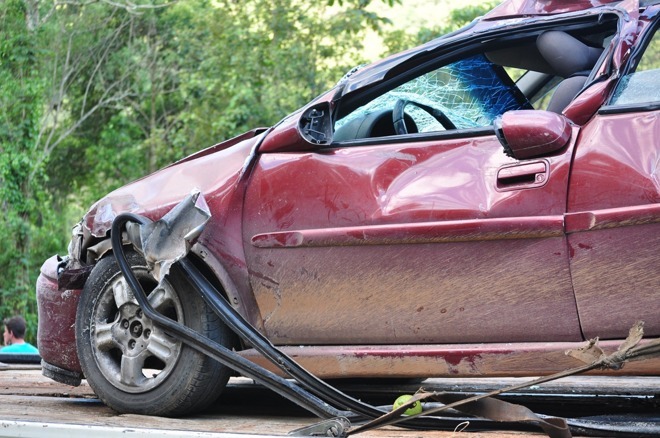







-m.jpg)






 Christine McKee
Christine McKee
 Chip Loder
Chip Loder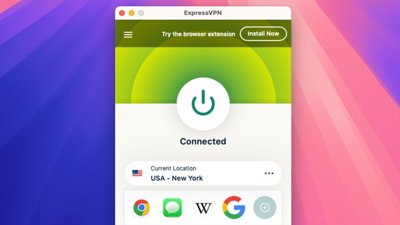

 Marko Zivkovic
Marko Zivkovic
 Wesley Hilliard
Wesley Hilliard


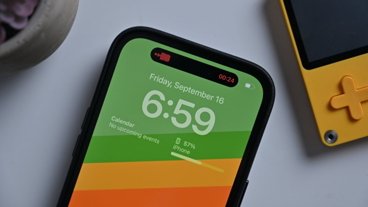
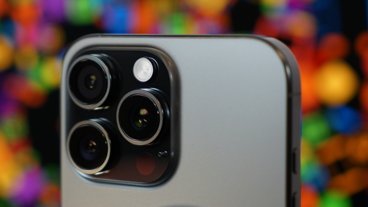
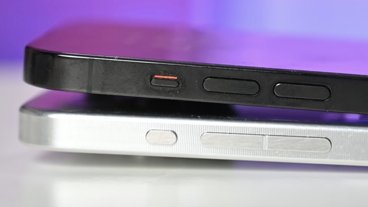


-m.jpg)
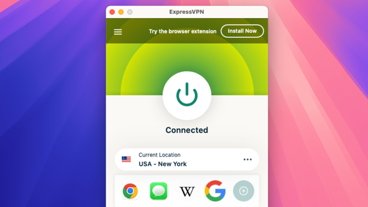



37 Comments
A good decision. As promulgated by the California Vehicle Code, it it the responsibility of the driver to maintain control of ones vehicle.
The gall of people. Trying to blame the texting while driving on the phone maker.
It's unfortunate what happened to his child, but it doesn't negate the stupidity of this lawsuit. At the minimum, Apple should (I hope) file for reimbursement of attorney fees. I hope there is some way of also getting damages for what is basically a fraudulent lawsuit.
After all, why stop there? The father should also file a lawsuit against the vehicle manufacturer for allowing a distracted driver to operate the vehicle. Heck, let's sue God for allowing such an idiot to be born in the first place.
Yah, no one saw that ruling coming. Huge surprise.